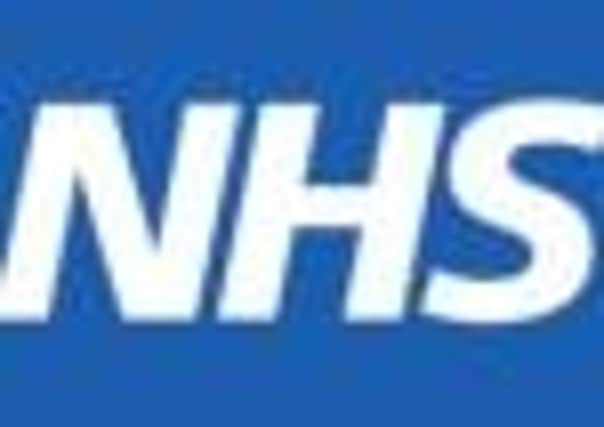NHS says sorry for pensioner’s BGH death


The 70-year-old man, named Mr C in the Scottish Public Services Ombudsman report, was admitted to the accident and emergency department of the BGH on the evening of October 3, 2011, after falling unconscious at home.
He was diagnosed with a urinary tract infection and sent home with painkillers and antibiotics. But the pensioner was readmitted hours later and died at 3.30am the following morning of a ruptured blood vessel in the abdomen.
Advertisement
Hide AdAdvertisement
Hide AdMrs C was later told that had a scan been taken during her husband’s first visit, the aneurysm would likely have been identified, but that there was an 85 per cent fatality rate in patients suffering the condition in the abdomen.
Two complaints from Mr C’s widow – that doctors at the BGH had failed to thoroughly assess and treat her husband, and that he was unreasonably discharged – were upheld by ombudsman Jim Martin last week.
NHS Borders chief executive Calum Campbell told TheSouthern: “We accept the recommendations of the Scottish Public Services Ombudsman (SPSO) in this case.
“We recognise, and regret, that aspects of Mr C’s care and treatment did not meet expected standards and will be contacting the family to offer our sincere apologies for this.
Advertisement
Hide AdAdvertisement
Hide Ad“NHS Borders takes every complaint very seriously. The lessons we learnt from this experience have been implemented and have provided us with a valuable opportunity to improve our services.”
Mrs C reported that her husband had begun to lose consciousness very soon after returning home from his first BGH visit on October 3.
After an emergency call he was returned to the hospital, with the family being told he had suffered an aneurysm, with the required surgery only available in Edinburgh.
Following Mr C’s death, his widow complained to NHS Borders about the care he received on his first visit. The doctor involved said the pensioner had been admitted with abdominal pain which caused vomiting.
Advertisement
Hide AdAdvertisement
Hide AdThe doctor reported that he had discussed Mr C’s condition with a nurse and decided to discharge him as he was in no apparent distress.
Mr Martin added: “Doctor 1 said that Mr C was brought in later the same night in respiratory arrest after a sudden onset of severe pain, which was described as ‘both much worse than and different quality to the previous episode’.”
Mr Campbell told the ombudsman that it was only when Mr C’s abdomen was scanned on his second and final visit to the BGH that it became clear it had suffered a ruptured abdominal aortic aneurysm.
Despite meetings with NHS Borders, Mrs C was unhappy with their response and took her case to the ombudsman.
Advertisement
Hide AdAdvertisement
Hide AdAn adviser to Mr Martin added that Mr C’s records were “limited and rudimentary” despite having a history of high blood pressure.
“In the adviser’s view, the notes recorded for Mr C were not fit for purpose to properly assess him,” said Mr Martin, adding that these shortcomings could have contributed to the failure to diagnose the abdominal disease.
Mr Martin was critical of NHS Borders’ overall handling of the case, adding “...When a patient presented as an emergency complaining of the symptoms Mr C was experiencing, in diagnosing him it was necessary to first exclude the most serious pathologies (diseases). The adviser said that there was no evidence this had happened.
“The documented history fell short of what could have been expected, as did the documented examination.”